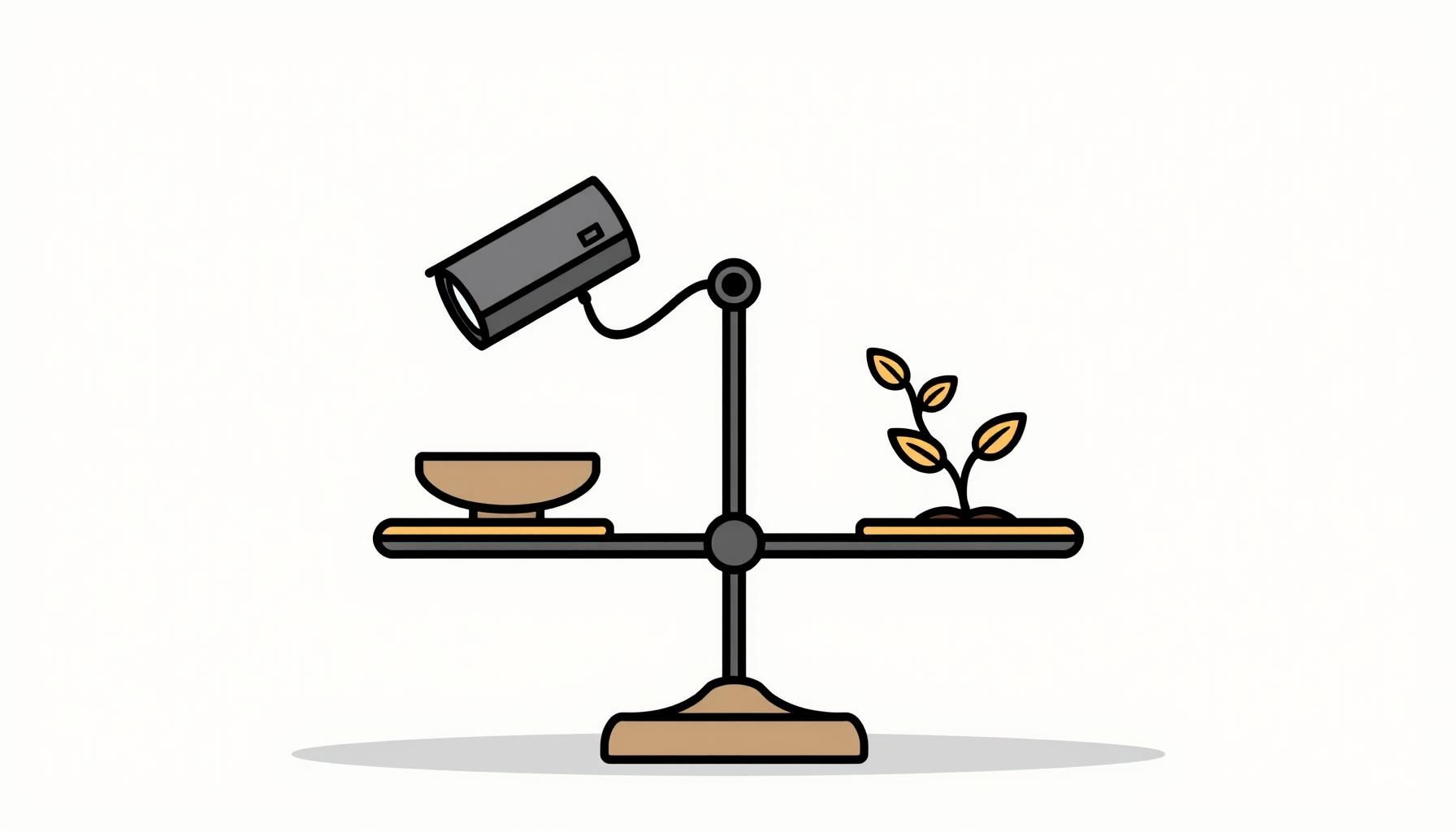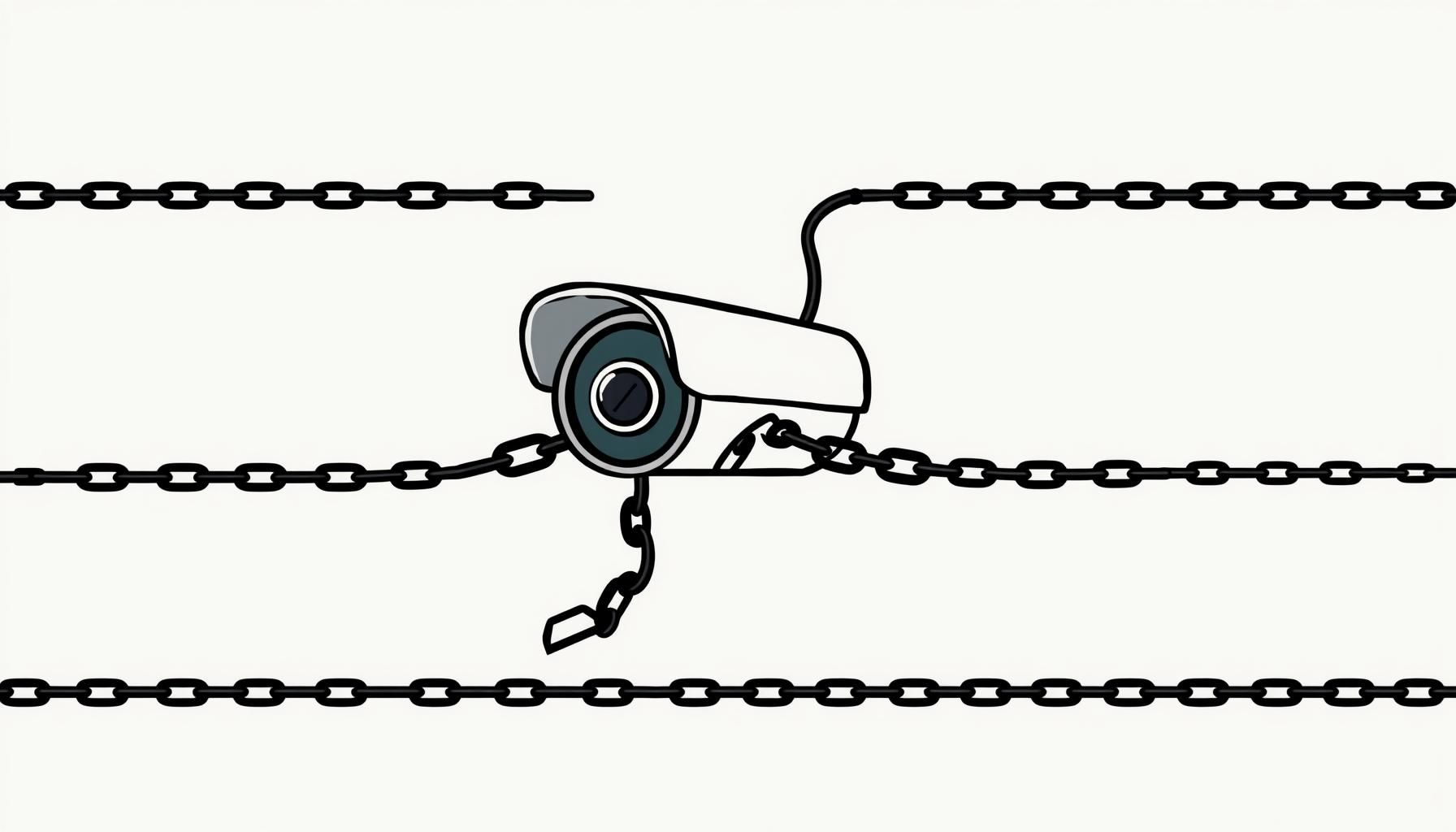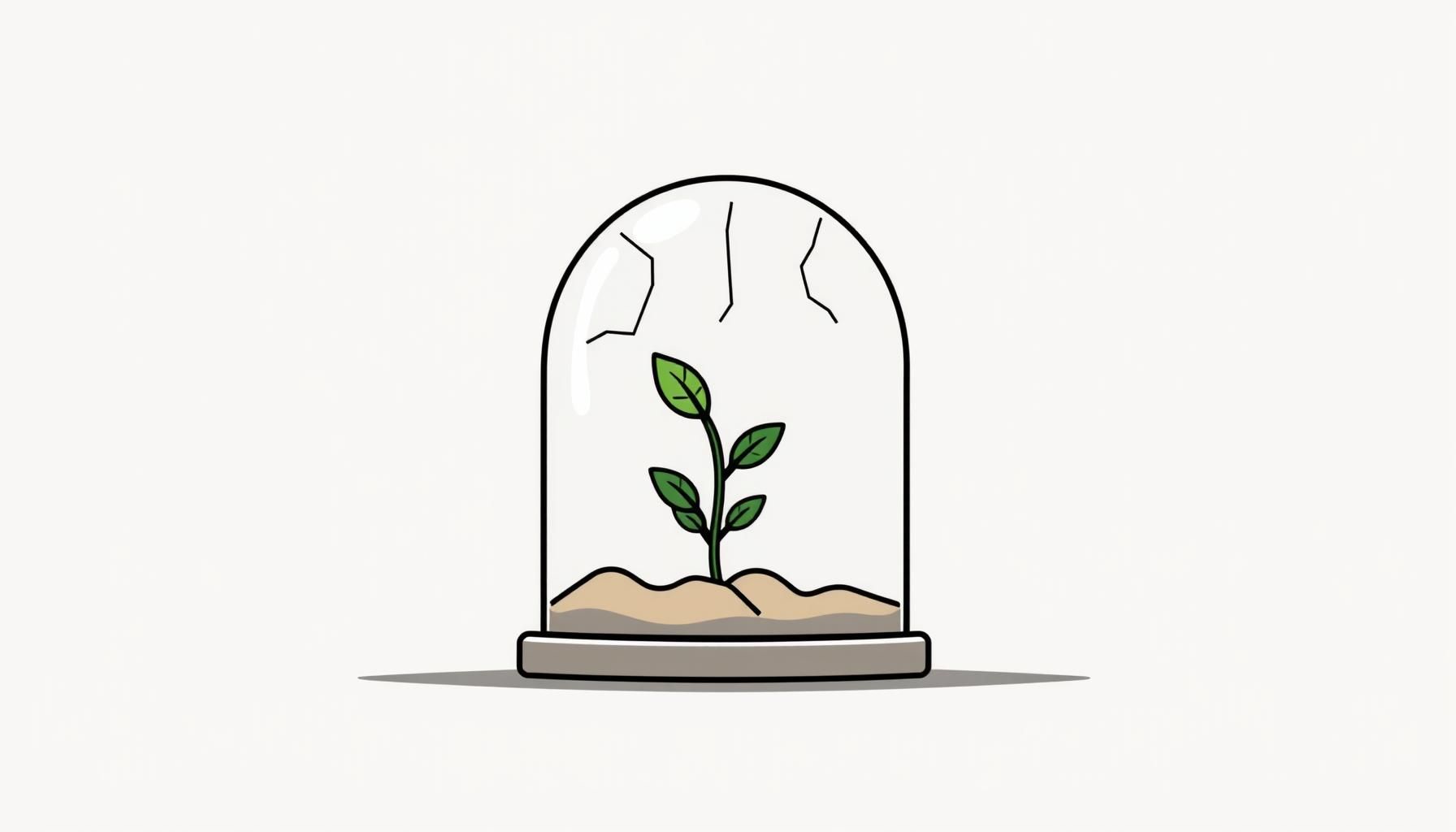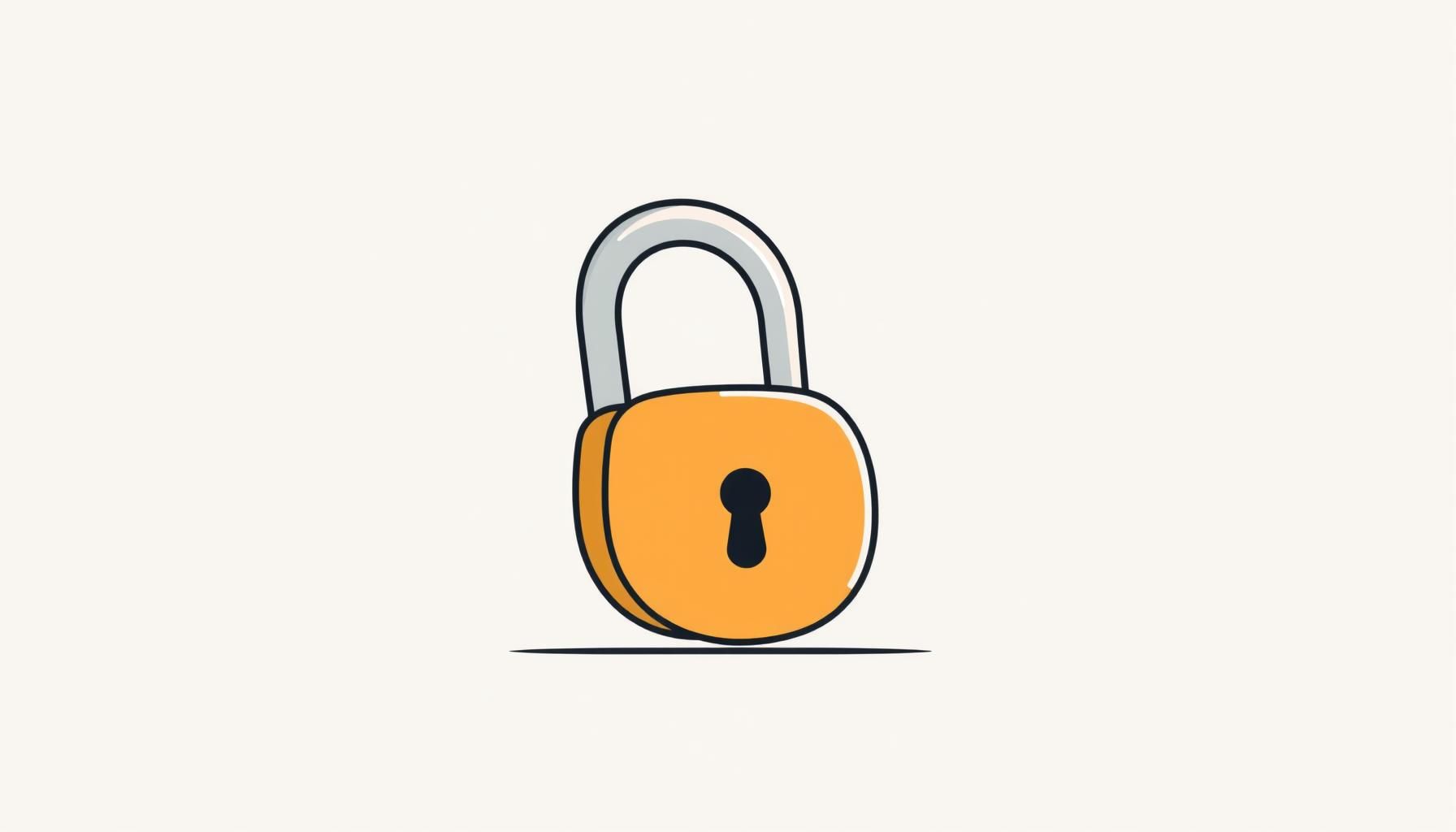
The other day, I was watching my daughter completely absorbed in her own little world, humming a made-up tune while building a lopsided castle from colorful blocks. There was this pure, unfiltered freedom in her play—no one was judging the structural integrity of her fortress or analyzing the lyrics of her song. It was just her, her imagination, and a safe space to explore. It got me thinking, with a jolt, about her other world: school. What happens when that safe space to explore, to make mistakes, and to just be a kid is monitored by unseen eyes? A recent ACLU report has thrown this question into the spotlight, and honestly, it’s something we all need to talk about. It’s not about rejecting technology, but about asking a really significant question: is the price of digital “safety” a tax on our children’s spirit?
The Invisible Backpack of Data: What’s Inside?

It’s one thing to get a report card. It’s another thing entirely to know that a school’s digital systems might be creating a report on every single keystroke, every private chat, and every curious web search our kids make. That’s the reality painted by groups like the Electronic Frontier Foundation. Imagine your child is working on a school project, and their every digital move is being logged and analyzed. It’s like they’re carrying an invisible backpack, and it’s not filled with books—it’s filled with their data, their thoughts, their private conversations. And wow, that is a heavy burden for young shoulders to bear!
These EdTech surveillance tools are often sold to schools under the banner of safety, a promise every parent desperately wants to believe in. But the ACLU’s findings suggest these systems often create a different reality. They can foster an atmosphere of suspicion and anxiety, turning a place of learning into a place of constant evaluation. We send our kids to school to expand their minds, not to have them cataloged. The promise of safety is vital, but we have to ask if these methods are truly delivering it, or if they’re just trading one set of risks for another that could be even more damaging to their development.
When Curiosity Meets the Keyboard: Is Fear Stifling Creativity?

Here’s what really gets me going. Our kids have a right to what experts call “private thinking space.” That sounds fancy, but it’s something beautifully simple: the freedom to have their own thoughts and the space to develop them. It’s the right to be curious, ask a “dumb” question, explore a weird topic, or even write a silly, dramatic story without worrying that an algorithm is flagging it. This is the magic zone where creativity, critical thinking, and personality are forged! You can find more on this in the Student Journal of Information Privacy Law. (Source)
When kids know they’re being watched, a chilling effect can set in. They might start self-censoring. Will a student researching a controversial topic for a history paper worry about being misunderstood? Will a kid struggling with their feelings hesitate to type them out in a private message to a friend? Unrestrained surveillance gives school officials “excessive access to students’ personal thoughts and beliefs,” which can shrink their world right when it should be exploding with new ideas. This isn’t just a privacy issue; it’s a creativity crisis. We want to raise bold thinkers, not timid typists who are afraid to step outside the digital lines.
Can We Rebuild Trust in the Classroom?

The relationship between a student and a teacher can be one of the most formative connections in a child’s life. It’s built on trust, mentorship, and the shared joy of discovery. But what happens when surveillance technology wedges itself into that relationship? According to the ACLU report, it erodes that exact trust. It shifts the dynamic from guidance to suspicion, from connection to collection.
And our kids feel it! The report found that 26 percent of students are concerned about what schools and EdTech companies will do with the data they collect. (Source) That’s more than one in four kids who are carrying an extra layer of worry. Real safety in schools doesn’t come from an algorithm that flags keywords; it comes from a community where students feel safe enough to talk to a trusted adult when they’re struggling. By leaning so heavily on monitoring, we risk dismantling the very human relationships that are our best line of defense and support. Like kimchi in a lunchbox, some monitoring spices learning, but too much overwhelms.
Parent Playbook: How to Protect Your Child’s Digital Well-being

Alright, so this feels heavy, right? But despair is not on the menu! We, as parents, have so much power to champion a better way forward. It’s about being engaged, optimistic, and proactive. Let’s do this!
First, let’s open up a dialogue. Not a scary lecture, but a real conversation with our kids about their digital lives. We can talk about the idea of a “digital footprint” like tracks in the sand—some wash away, some stick around. The goal isn’t to terrify them, but to empower them to be thoughtful creators, not just passive consumers.
Second, let’s get curious and talk to our schools. Asking questions like, “What technology do you use to monitor student activity?” and “Can you share the privacy policy for these tools?” isn’t about being confrontational. It’s about being a partner in our children’s education and well-being. It shows we care about the entire learning environment, both online and off.
Finally, let’s champion the human element. Let’s advocate for more school counselors, mental health resources, and programs that build strong, trusting communities. These are the things that create genuine safety. Real safety grows from trust, not surveillance.
And at home? Let’s double down on creating spaces free from monitoring. Why not try an “Invention Hour”? Dump a bunch of recycling and craft supplies on the floor and challenge everyone to build the wackiest creation possible. No rules, no judgment, just the pure, chaotic joy of making something together. It’s a powerful reminder that the best ideas often come when we feel free enough to be silly.
Ultimately, our job isn’t to watch our kids’ every move. It’s to give them the roots of responsibility and the wings of freedom. Protecting their privacy isn’t about hiding things; it’s about giving them the space they need to grow into the incredible people they’re meant to be. That’s a future worth fighting for with every ounce of our energy and heart! What family activity could unleash your child’s fearless curiosity this week?
Source: School surveillance overreach: A threat to privacy, free speech and student well-being, Natural News, 2025-08-20 06:00:00
